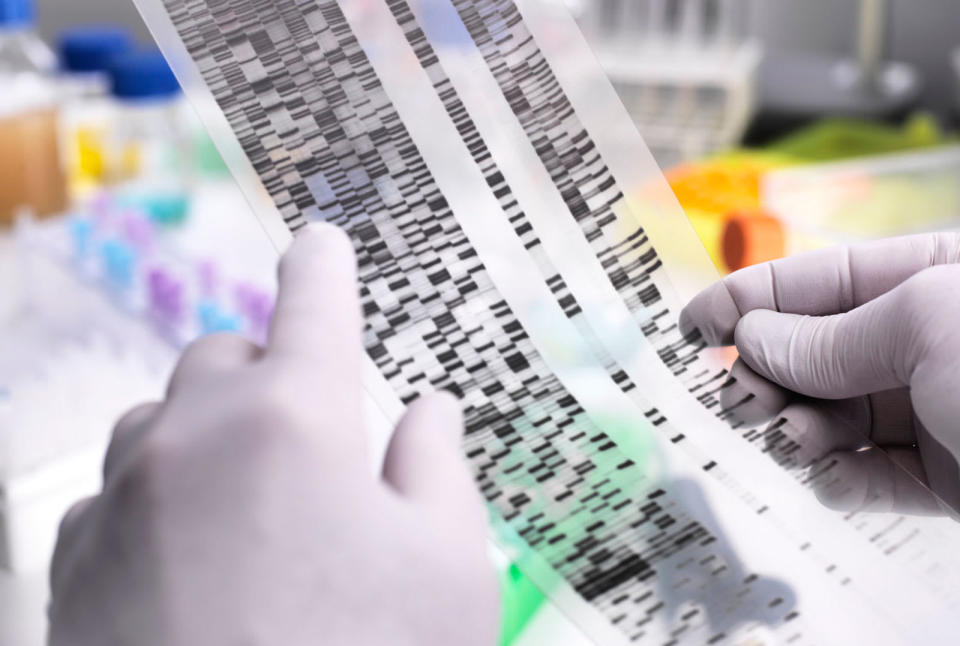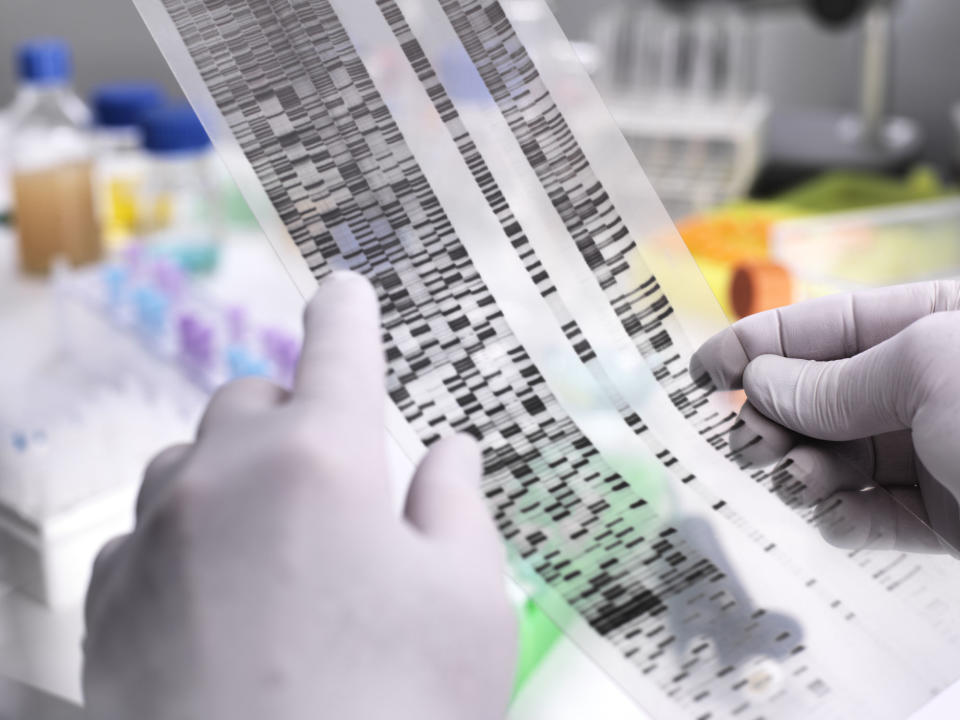Family Tree DNA offers to trade privacy to catch criminals
Allowing the FBI access to your genetic data is now a selling point.
The at-home DNA testing company Family Tree DNA is asking customers to share their genetic data to help law enforcement solve crimes. A video featuring Ed Smart, the father of kidnapping victim Elizabeth Smart, attempts to frame the sharing of its genetic database with FBI as a positive. According to MIT Technology Review, the video will air as an ad in San Diego, where police were recently able to solve a 1979 murder after finding a link in a publicly available DNA database. The ad is part of a larger campaign featured prominently on Family Tree DNA's website.
"When the loved one is a victim of a violent crime, families want answers. There is more DNA available at crime scenes than any other evidence. If you're one of the millions of people that have taken a DNA test, your help can provide the missing link," says Smart.
Buzzfeed reported in January that Family Tree DNA, one of the largest genetic testing companies in the country, regularly allowed FBI agents to search its database in order to solve crimes. Following criticism from privacy advocates, Family Tree DNA allowed customers to opt-out of sharing information with law enforcement. Law enforcement regularly uploads the genetic data of victims of a homicide case or perpetrator of sexual assault or homicide. If customers agree to participate in law enforcement matching, law enforcement will be notified if a customer is a familial match to the uploaded file of a victim or criminal. Customers who used a competing service like AncestryDNA or 23andMe can also upload their DNA data to FamilyTree DNA and agree to law enforcement matching.
In the case of the 1979 murder in San Diego, law enforcement found a distant relative of the murderer Paul Jean Chartrand whose DNA was in the database GEDmatch. Police then worked backwards to find Chartrand's direct family members, who provided DNA. They then were able to identify Chartrand as the source of blood found at the crime scene.
While police are embracing genetic genealogy as a way to solve decades-long cold cases, privacy critics and bioethicists argue that such tactics intrude upon civil liberties. Family Tree DNA, along with similar DNA testing services 23andMe and Ancestry.com allows customers to opt-out of sharing such information with law enforcement. Police can only access the same information that regular customers can on Family Tree DNA. But genealogy sleuths should be wary; a simple search warrant or court order can give the police access to even more of your personal details.
Update (3/28, 8 PM ET): 23andMe has a transparency policy explaining its privacy rules, and has said it will not voluntarily work with law enforcement, while Ancestry.com also requires a "valid legal process" before providing any information.



